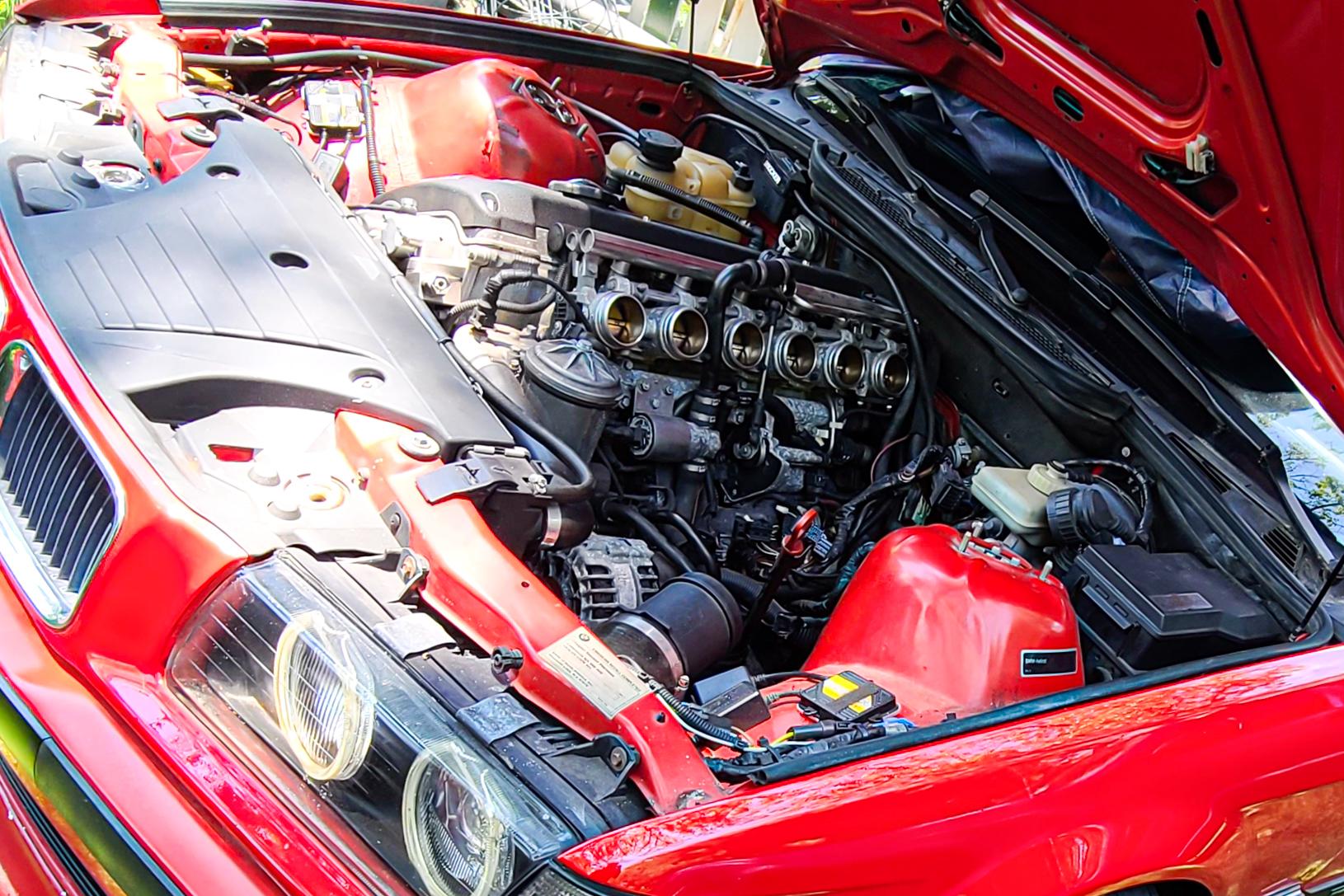BMW 318ti: Efficiency Specifications and Characteristics Explained
BMW 318ti: Efficiency Specifications and Characteristics Explained
Blog Article
Essential Considerations for Selecting the most effective Engine for Your Requirements
In the world of picking the optimal engine to meet your needs, numerous critical aspects demand precise consideration to make sure optimum performance and effectiveness. From the nuanced balance in between power and efficiency to the often-overlooked facets of maintenance and solution needs, each element plays a pivotal role in determining the most appropriate engine for your specific requirements.
Power and Efficiency
When assessing engines for ideal efficiency, it is important to prioritize both power output and performance. Power outcome measures the ability of an engine to produce energy, which directly influences its efficiency. A high power outcome is necessary for demanding jobs such as high-speed requirements or heavy-duty applications. It ensures that the engine can manage the work efficiently and efficiently. Nonetheless, power alone is not sufficient; effectiveness plays a considerable duty in figuring out the general efficiency of an engine. Performance describes just how well the engine transforms fuel into usable energy. A more reliable engine will certainly supply far better gas mileage, lower exhausts, and reduced operating expense. Striking the ideal equilibrium between power output and efficiency is vital to choosing an engine that satisfies your certain needs. When making this choice, it is vital to consider factors such as the intended usage of the engine, ecological effect, and long-term expense implications. By carefully evaluating both power and performance, you can choose an engine that delivers ideal performance and satisfies your demands successfully.
Fuel Effectiveness and Economic Situation
In the realm of engine selection, the factor to consider of gas performance and economic situation holds paramount importance. Gas effectiveness refers to the engine's ability to transform fuel into power with minimal waste, straight affecting operating prices and environmental sustainability. bmw 318ti. When picking an engine, evaluating its gas economic climate is critical to identify lasting financial savings and environmental effect. Engines with greater gas effectiveness not just decrease gas expenditures however also lower carbon emissions, adding to a greener procedure.

Compatibility and Application
Taking into consideration the fuel efficiency and economic situation of an engine, the following vital element to address is its compatibility and application within particular operational contexts. Compatibility refers to just how well the engine incorporates with the total system or equipment it powers.
Additionally, the application of the engine is equally essential. Various engines are made for specific purposes, whether it be commercial equipment, aquatic vessels, cars, or power generators. Comprehending the designated application permits the option of an engine that can deliver the required power outcome, torque, and functional attributes. A look at here now high-revving engine created for efficiency vehicles would not be appropriate for sturdy building and construction devices that requires high torque at low rates.
Maintenance and Solution Needs
Upkeep and solution demands play an important function in guaranteeing the longevity and optimum efficiency of an engine. Normal upkeep is important to stop malfunctions, prolong the life expectancy of the engine, and maintain its effectiveness. When choosing an engine, it is essential to consider the producer's advised upkeep routine and the availability of service facilities or qualified technicians.
Factors such as the frequency of oil adjustments, filter replacements, and total assessments can considerably influence the engine's efficiency. Some engines might call for even more regular servicing based on their layout and use, while others may have longer intervals between upkeep checks. It is crucial to abide by these solution needs to stay clear of costly fixings and unexpected downtime.

Expense and Budget Factors To Consider
Spending plan restraints typically play a considerable duty in the decision-making process when Get More Information selecting an engine for a certain application. When considering the expense and budget plan implications of choosing an engine, it is vital to analyze not only the first purchase rate however also the lasting expenses related to maintenance, gas intake, and prospective upgrades or repair work. It is crucial to strike a balance between the in advance price of the engine and its total the original source lifecycle costs to guarantee that the selected engine remains economically lasting throughout its operational life-span.
Factors such as fuel dependability, efficiency, and toughness can straight influence the total expense of ownership of an engine. While a much more costly engine might have higher ahead of time prices, it might possibly cause reduced maintenance and fuel costs in time, hence supplying better value in the future. Additionally, taking into consideration the schedule and expense of spare components, in addition to the ease of upkeep and solution, can help prevent unforeseen economic stress in the future. By very carefully examining these cost and budget plan factors to consider, you can make an enlightened choice that straightens with your operational needs and financial restrictions.
Verdict

Fuel effectiveness refers to the engine's capability to transform fuel into power with marginal waste, straight influencing operating expenses and ecological sustainability.Variables affecting fuel performance include engine design, combustion effectiveness, and total performance optimization. In addition, selecting the ideal fuel type and quality as recommended by the engine supplier can even more improve performance and prolong engine life expectancy.
Engines with great utility attributes and easily available components can reduce maintenance prices and minimize the time the engine is out of operation - bmw 318ti. It is vital to strike an equilibrium in between the ahead of time expense of the engine and its general lifecycle expenses to make sure that the chosen engine stays monetarily sustainable throughout its functional life expectancy
Report this page